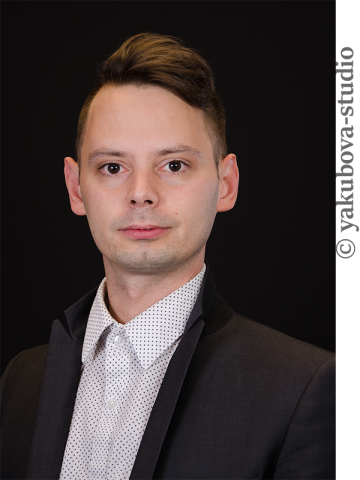Ian Thomas Fleishman
Assistant Professor, German
Ph.D., Harvard University
A.M, Harvard University
B.A., Middlebury College
Ian Fleishman is an Assistant Professor of German and the newest member of the standing faculty of the Department of Germanic Languages and Literatures. In May 2013 he completed his doctorate in French and German Literature at Harvard University, having previously studied at the Freie Universität in Berlin, the Sorbonne Nouvelle and the École Normale Supérieure in Paris and at Middlebury College in Vermont. He has published in German Quarterly, French Studies, The Germanic Review, Essays in Romanticism, Mosaic, The Journal of Austrian Studies and elsewhere on subjects ranging from the Baroque to contemporary cinema.
His work focuses largely on sex and violence in order to trace the evolution of narrative form and its underlying epistemological shift from modernism to the postmodern. His first book manuscript, An Aesthetics of Injury: The Narrative Wound from Baudelaire to Tarantino, was the 2015 winner of the Northeast Modern Language Association Book Award and is forthcoming with Northwestern University Press. Examining representations of the open wound, his monograph exposes injury to be an essential aesthetic prinicple of twentieth-century narrative in the works of ten exemplary authors and filmmakers: Charles Baudelaire, Franz Kafka, Georges Bataille, Jean Genet, Hélène Cixous, Ingeborg Bachmann, Elfriede Jelinek, Werner Schroeter, Michael Haneke and Quentin Tarantino.
Ian's next book project seeks to investigate formal experimentalism as an expression of sexuality in order to map queer strategies of storytelling in André Gide, Jean Genet, Werner Schroeter, Rainer Werner Fassbinder and Xavier Dolan. In other work he seeks to modernize two towering figures of the German-language literary canon, Heinrich von Kleist and Franz Kafka, by examining their influence on the works of Cormac McCarthy and J.M. Coetzee.
Since coming to Penn, Ian has primarily taught classes on film, philosophy and culture. This year he is helping to organize a series of events on "Inglorious Comparisons: On the Uses and Abuses of Historical Analogy". Next year he will serve as the Academic Director of the Berlin Consortium for German Studies at the Freie Universität Berlin, where he will teach courses on Berlin in Cinema and Queer German Cinema.
20th-century literature, film studies, French literature and film, modernism and the postmodern

